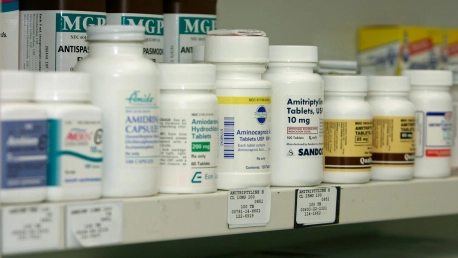The Biden-Harris Administration is calling upon Congress to extend the benefits of the Inflation Reduction Act beyond its current parameters to further reduce prescription drug costs for Americans with commercial insurance. This initiative builds on the Act’s existing measures that have already provided significant financial relief for Medicare beneficiaries since its inception in August 2022. The legislation has had a multi-part impact, including capping insulin costs for Medicare recipients, the provision of free vaccines, enhanced subsidies for Marketplace insurance plans, and rebates from drug manufacturers for price increases beyond inflation.Furthermore, the Act is set to impose a limit on annual out-of-pocket expenses for Medicare Part D to $2,000 starting in 2025, while also granting Medicare the power to negotiate drug prices directly with manufacturers, a stride toward more affordable medications.
Expanding Healthcare Affordability
President Biden’s 2025 budget proposal seeks to expand Medicare’s drug price negotiation capabilities, originally increased by the Inflation Reduction Act. This expansion would include more prescription drugs and potentially protect all Americans from exorbitant medication costs, not only those on Medicare. A notable policy in the proposal is the capping of out-of-pocket drug expenses at $2,000, extending the protection to individuals with private insurance.The administration is also considering a model to reduce Medicare Part D costs for certain valuable generic medications and to extend rebate policies that apply to Medicare to the private sector when drug prices outpace inflation. Such initiatives could moderate drug price inflation across the board, making healthcare more affordable for everyone and possibly lowering health insurance premiums as well. These efforts aim to eliminate the dilemma faced by Americans under 65, making essential drugs more accessible and preventing healthcare costs from becoming a barrier to necessary treatments.









